Publications
Articles, publications, books, tools and multimedia features from the U.S. Institute of Peace provide the latest news, analysis, research findings, practitioner guides and reports, all related to the conflict zones and issues that are at the center of the Institute’s work to prevent and reduce violent conflict.
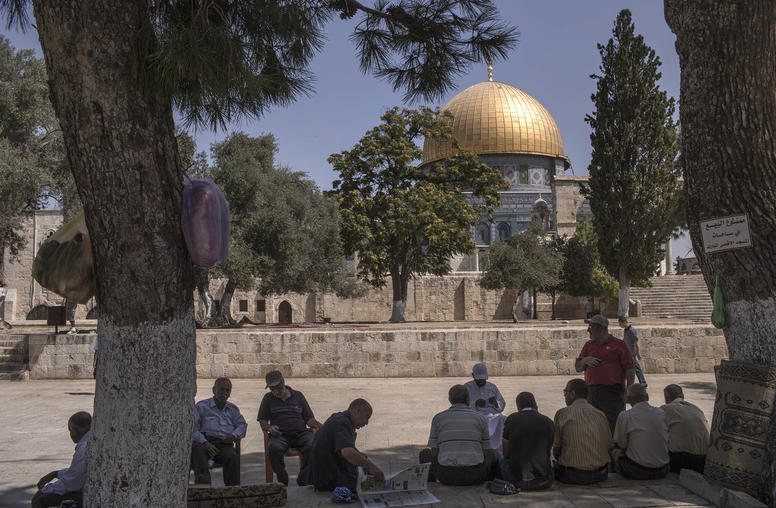
The Long View on Trump’s Israeli-Palestinian Vision
The Trump administration’s vision for addressing the Israeli-Palestinian conflict has provoked diverse reactions from the parties and the international community, leaving opponents and supporters continuing to analyze the initiative and chart their next immediate moves. But taking the long view, some implications of the plan can be glimpsed on the horizon.
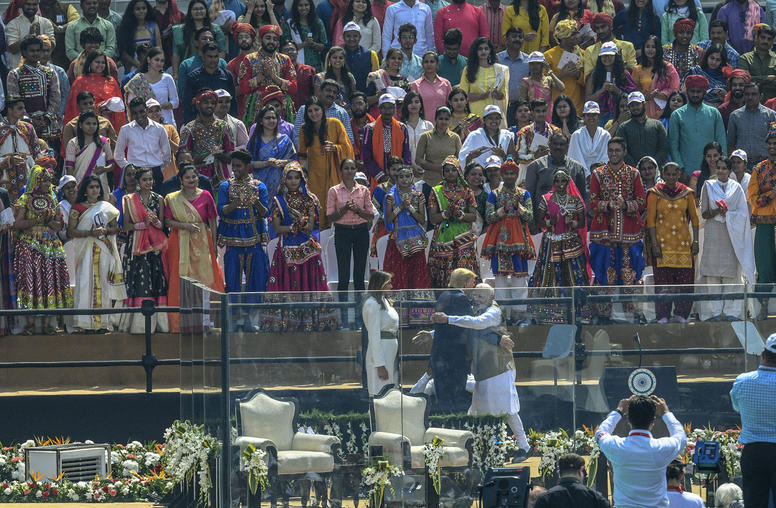
Four Things to Know About President Trump’s Trip to India
President Trump’s recent trip to India yielded no progress on a bilateral trade agreement, one of the main issues both leaders hoped to address. Despite the trade impasse, both President Trump and Indian Prime Minister Narenda Modi used the two-day trip to reinforce the positive relationship between the U.S. and India, as official discussions finalized several defense and energy deals. USIP’s Vikram Singh looks at the state of trade talks, the possibility of U.S. mediation in Kashmir, India’s regional stance on the Afghan peace process, and how China’s growing global influence impacts U.S.-India relations.
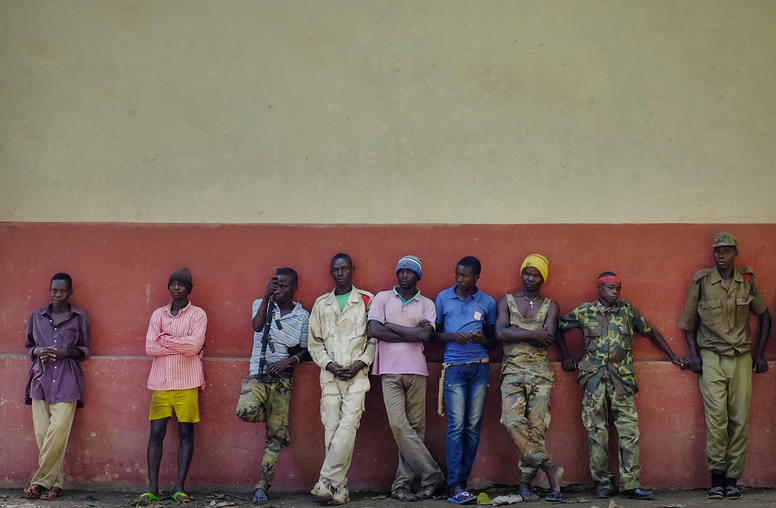
The “Green Diamond”: Coffee and Conflict in the Central African Republic
Coffee production is a fairly small part of the Central African Republic's economy, but it plays an outsize role in the country's ongoing conflict. Armed militia groups that hold sway over the country's main coffee growing regions and trade routes reap millions of dollars in funding to sustain their operations. This report discusses how understanding the political economy of conflict in the Central African Republic can help national and international stakeholders break the cycle of violence.

Vikram Singh on President Trump’s Trip to India
The visit did not yield a bilateral trade agreement, as many hoped it would. But USIP’s Vikram Singh says that despite the trade impasse, the trip did deliver defense and energy deals and reinforced “the symbolism of this partnership continuing to grow basically as it has for the entire 21st century.”
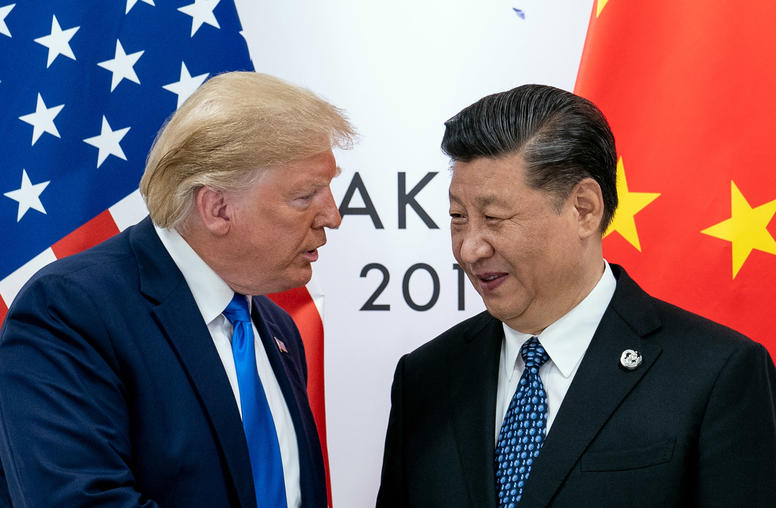
Who Cares if the U.S. is in a ‘New Cold War’ with China?
Enough already. It is time to stop debating whether the United States stands at the threshold of a “new Cold War” with China. The question has become an obsession among China watchers and foreign policy analysts. But the debate’s poorly defined nature sheds little light on the excruciating choices policymakers face when dealing with Beijing.
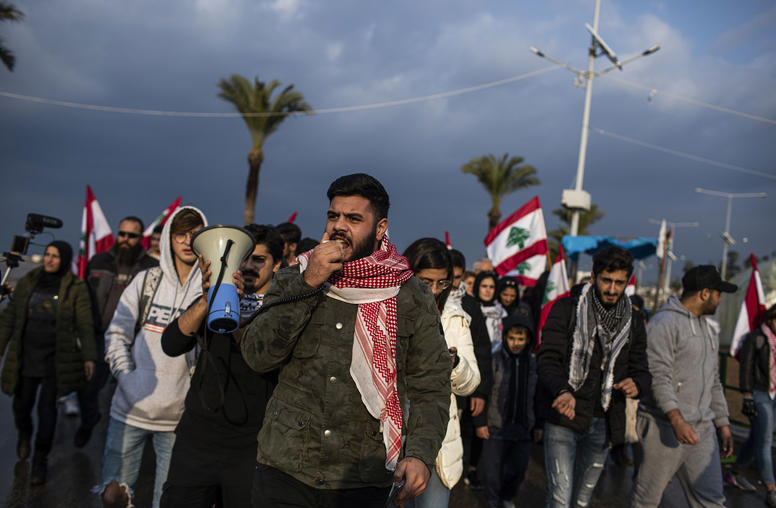
Lebanon’s Protests Take a Troubling Turn During Dire Financial Crisis
Coinciding with Lebanon’s worst financial crisis in decades, popular protests in the country have been ongoing for more than four months. The protests were initially sparked by a government tax on the popular WhatsApp messaging service. They quickly evolved into Lebanon’s largest, sustained peaceful protest movement. The demonstrations were notable for being geographically diverse and starkly anti-sectarian. Women and youth have played outsized roles in the protests, which emphasized a focus on civic engagement. Recently, however, the protests have taken a troubling turn, with episodic clashes between protesters and security forces.
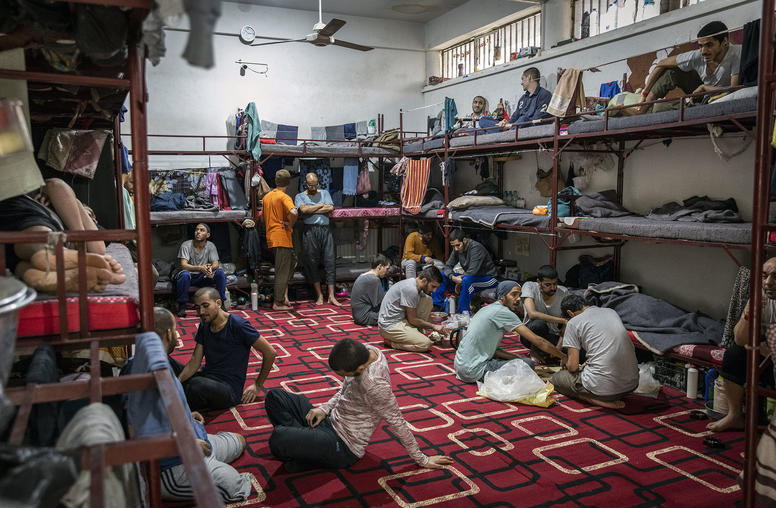
A Sustainable Approach for Disengaging Violent Extremists
Governments and communities worldwide are facing the increasingly daunting challenge of what to do when citizens who participated in violent extremist conflicts return home. With ISIS’s territorial caliphate extinguished, more than 100 countries could face the task of not only having to reintegrate their citizens, but also preparing their communities for a future with them living next door. This is a society-wide challenge that will engage a cross-cutting spectrum of stakeholders deploying a range of peacebuilding and other tools to build communities and individuals who are more resilient to violent extremism.
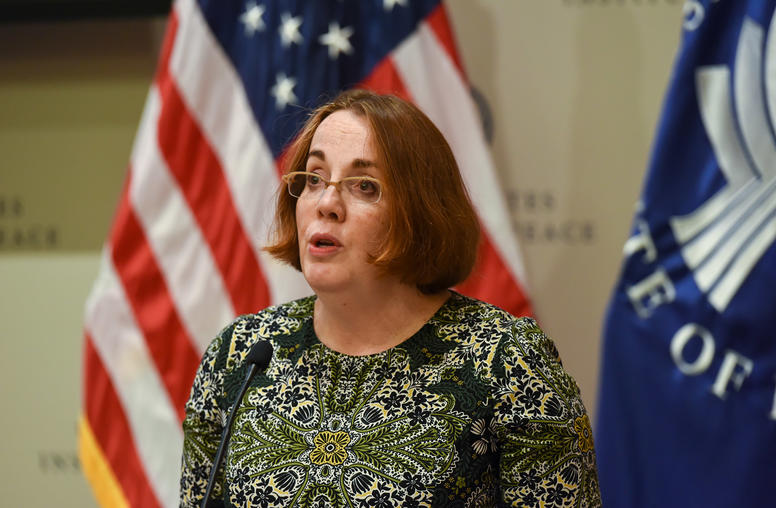
U.S.-Taliban Deal is a “Massive Opportunity,” Says U.S. Negotiator
After a year and a half of negotiations, the U.S. and Taliban have reached an interim agreement to reduce violence for a period of seven days. If that agreement holds, the two sides will formalize a pact that would lead to intra-Afghan negotiations and a phased U.S. troop withdrawal. Although the reduction in violence is an important achievement, it is but one step on a long, rocky road to peace, noted current and former senior U.S. officials on February 18 at the U.S. Institute of Peace.
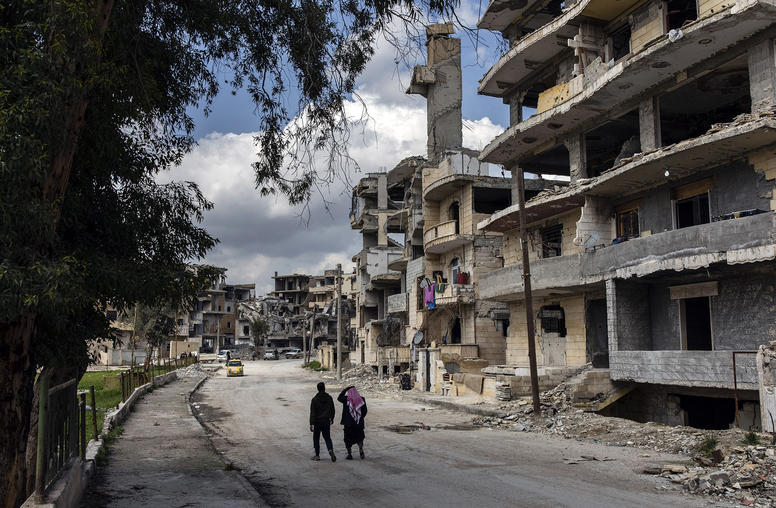
Rethinking Transnational Terrorism: An Integrated Approach
The 2011 civil war in Syria attracted thousands of fighters from at least seventy countries to join the Islamic State. Al-Shabaab carried out large-scale attacks on civilian targets in Uganda and Kenya as retribution for the deployment of peacekeeping forces in Somalia. In this report, Martha Crenshaw considers the extent to which civil war and foreign military intervention function as a rationale for transnational terrorism, and how understanding the connections between terrorism, civil war, and weak governance can help the United States and its allies mount an appropriate response.

Scott Worden on Afghan Elections and the Peace Process
Amid news of an interim U.S.-Taliban deal, Afghanistan’s election commission announced President Ashraf Ghani has won reelection—a result his opponent has openly rejected. USIP’s Scott Worden warns this kind of political infighting weakens the government’s negotiating position ahead of possible intra-Afghan talks, saying “the Taliban profit from political chaos.”